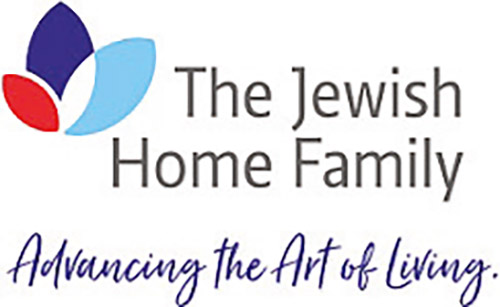
March is National Nutrition Month, a time allotted to focusing on healthy cooking and eating. Now that we are nearing the end of this month, most of us are probably starting to think about the upcoming holiday of Passover that is soon upon us. To some, it is the dread of cleaning the house, turning over the kitchen and getting the house ready for company that is daunting. To others, it is the fear that all the hard work they put into eating healthy all year will quickly go out the window. Matzah, cakes, cookies, candy, chocolates, potatoes, and more potatoes can really take a toll on you. I’m here to let you know that it doesn’t have to be that way. With a little change in ingredients and some new Passover recipes, everyone can eat healthily, feel good, and enjoy the holiday.
The first step is to change our old thinking (and recipes!) and start thinking of all the healthy foods that we can eat on Passover and how we can incorporate them into our daily menu. Luckily, we do not have to do this alone. There are so many new cookbooks in the stores and recipes on the internet that are following this trend toward healthier eating. It’s also great to talk to friends and see if they have any healthy new recipes for the holiday. The key is to focus on the foods we can eat, not the ones we can’t.
We want to make our plates colorful and balanced with fresh fruits and vegetables, lean proteins, and whole grains. We want to make sure we have a nice variety at each meal as well as extra fiber to counteract the effects of the matzah. Whole wheat matzah can easily be substituted for regular matzah to provide extra fiber as well. Nuts are a good source of protein and fiber that can be eaten as a snack or added to recipes on Passover.
Quinoa, technically a seed, has nevertheless been classified as a whole grain that has grown in popularity over the past few years and is kosher for Passover. It is low in calories and is a good source of protein and fiber as well as iron, zinc, manganese, folate, phosphorus and other antioxidant and anti-inflammatory compounds. It doesn’t take long to prepare and is very versatile. Shout out to my son-in-law who just taught me (and now all of you) a new hack – you can make quinoa in a rice cooker, which makes it even quicker and easier to prepare. I also found a great recipe in the new Best Of Kosher cookbook for Quinoa Sweet Potato Spinach patties that has become one of my family’s new go to foods. You can make a large batch of these patties and freeze them for later use. The recipe is kosher for Passover (just use Kosher for Passover Panko crumbs) and it is a great on-the-go food to take with you on a Chol Hamoed family outing.
Cooking oil was always a bit of a problem on Passover. It seemed like there weren’t many choices other than the oversized jug of cottonseed oil. I am happy to report that there are many healthier choices to choose from on the market today such as a variety of olive oils, avocado oil, walnut oil, and safflower oil, to name a few. There are also healthy yogurts to choose from that are low in fat and not laden with sugar.
As for daily menu planning, let’s try substituting an average Passover day menu with a healthier one. Instead of a slice of seven-layer cake or matzah with butter for breakfast, try having a vegetable omelet or avocado “toast” using whole wheat matzah. Spread almond butter on matzah in place of regular butter. For lunch, instead of potato latkes or matzah pizza, how about having lemon garlic salmon with roasted asparagus and a tri-color quinoa salad. For dinner, try replacing the usual chicken matzah ball soup with a more nutrient dense soup such as butternut squash soup or a hearty vegetable soup. Instead of the brisket, potatoes and matzah farfel, try an herb-rubbed grilled chicken with roasted sweet potato, and red cabbage salad.
As far as snacks go, there are plenty of delicious options that can be made with healthy ingredients. How about a fruit torte with a roasted nut crust. Blueberry banana muffins and zucchini muffins can be made with honey instead of sugar. My family still loves traditional Passover chocolate chip cookies as a snack, but this year I have been experimenting and finally found a delicious recipe that didn’t include margarine. My mother makes our traditional family Passover Bagels using applesauce as a sweetener. There are endless possibilities when it comes to making healthy meals and snacks that can be used over Passover. We just need to get creative in the kitchen and start new, healthy family favorites for everyone to enjoy.
We look forward to incorporating some of these healthy alternatives to our Passover menu at the Jewish Home at Rockleigh this year, and hope that you will too. Wishing everyone a happy and healthy holiday!
Gabi Moskowitz is chief clinical dietitian at the Jewish Home at Rockleigh and can be reached at gmoskowitz@jewishhomefamily.org.










